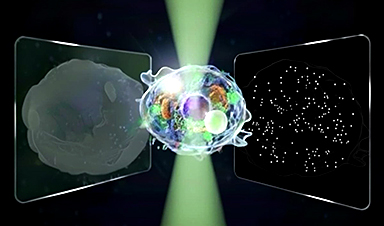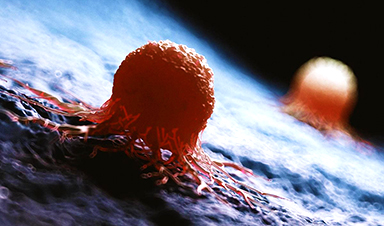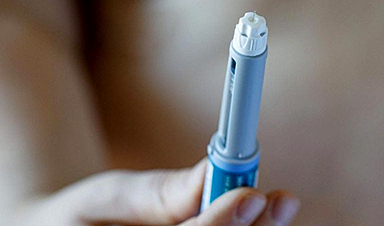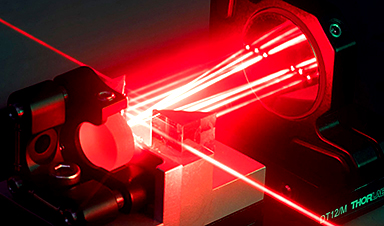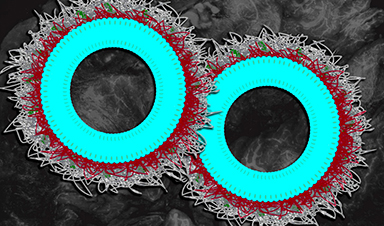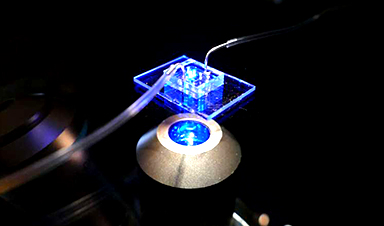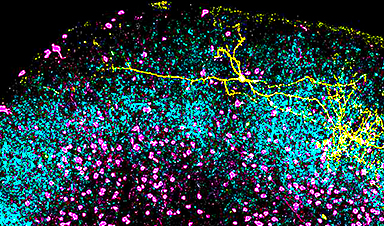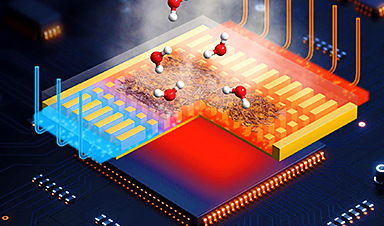Future nanomedical devices and systems will have strong potential to enable a broad range of aerospace and space applications. With further dimensional reductions in conjunction with the increased capabilities of nanoelectronics and artificial intelligence (AI), nanomedicine may facilitate the development of a wide array of advanced nanomedical diagnostic and therapeutic capabilities dedicated to the health and well being of future astronauts and space pioneers, the inhabitants of future Lunar and Mars colonies, and deep space explorers. These nanomedical innovations may form the core elements of advanced extravehicular space suits that have numerous advantages, such as continuous real-time health monitoring, virtually instantaneous in situ diagnostics, the auto-administration of therapeutics, and the capacities to address serious accidental circumstances and performance of emergency interventions.
Recent News
Very low LDL-cholesterol correlates to fewer heart problems after stroke
Brigham and Women's Hospital's TIMI Study Group reports that in patients with prior ischemic stroke, very low achieved LDL-cholesterol correlated with fewer major adverse cardiovascular events and fewer recurrent [...]
“Great Unified Microscope” Reveals Hidden Micro and Nano Worlds Inside Living Cells
University of Tokyo researchers have created a powerful new microscope that captures both forward- and back-scattered light at once, letting scientists see everything from large cell structures to tiny nanoscale particles [...]
Breakthrough Alzheimer’s Drug Has a Hidden Problem
Researchers in Japan found that although the Alzheimer’s drug lecanemab successfully removes amyloid plaques from the brain, it does not restore the brain’s waste-clearing system within the first few months of [...]
Concerning New Research Reveals Colon Cancer Is Skyrocketing in Adults Under 50
Colorectal cancer is striking younger adults at alarming rates, driven by lifestyle and genetic factors. Colorectal cancer (CRC) develops when abnormal cells grow uncontrollably in the colon or rectum, [...]
Scientists Discover a Natural, Non-Addictive Way To Block Pain That Could Replace Opioids
Scientists have discovered that the body can naturally dull pain through its own localized “benzodiazepine-like” peptides. A groundbreaking study led by a University of Leeds scientist has unveiled new insights into [...]
GLP-1 Drugs Like Ozempic Work, but New Research Reveals a Major Catch
Three new Cochrane reviews find evidence that GLP-1 drugs lead to clinically meaningful weight loss, though industry-funded studies raise concerns. Three new reviews from Cochrane have found that GLP-1 [...]
How a Palm-Sized Laser Could Change Medicine and Manufacturing
Researchers have developed an innovative and versatile system designed for a new generation of short-pulse lasers. Lasers that produce extremely short bursts of light are known for their remarkable [...]
New nanoparticles stimulate the immune system to attack ovarian tumors
Cancer immunotherapy, which uses drugs that stimulate the body’s immune cells to attack tumors, is a promising approach to treating many types of cancer. However, it doesn’t work well [...]
New Drug Kills Cancer 20,000x More Effectively With No Detectable Side Effects
By restructuring a common chemotherapy drug, scientists increased its potency by 20,000 times. In a significant step forward for cancer therapy, researchers at Northwestern University have redesigned the molecular structure of [...]
Lipid nanoparticles discovered that can deliver mRNA directly into heart muscle cells
Cardiovascular disease continues to be the leading cause of death worldwide. But advances in heart-failure therapeutics have stalled, largely due to the difficulty of delivering treatments at the cellular [...]
The basic mechanisms of visual attention emerged over 500 million years ago, study suggests
The brain does not need its sophisticated cortex to interpret the visual world. A new study published in PLOS Biology demonstrates that a much older structure, the superior colliculus, contains the [...]
AI Is Overheating. This New Technology Could Be the Fix
Engineers have developed a passive evaporative cooling membrane that dramatically improves heat removal for electronics and data centers Engineers at the University of California San Diego have created an innovative cooling [...]
About NanoApps Medical Inc
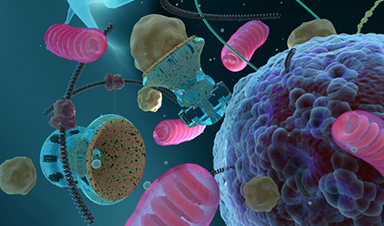
NanoApps Medical, Inc. was incorporated by Frank Boehm in 2009 with the goal of developing advanced nanomedical diagnostic and therapeutic technologies for the benefit of individuals across both the developing and developed worlds.
The larger picture will be to eventually attain a situation of “Global Health Care Equivalency” (GHCE) where any individual on the planet may have access to the same advanced, high quality, and cost effective nanomedical diagnostic and therapeutic technologies, no matter where they happen to reside, or under what conditions they live. Boehm is now compiling a book that will articulate this grand vision.
Further, NanoApps Medical is ambitiously aiming to transition terrestrial nanomedicine to space applications to facilitate future Lunar and Mars missions, such as those being boldly planned by NASA and SpaceX.

